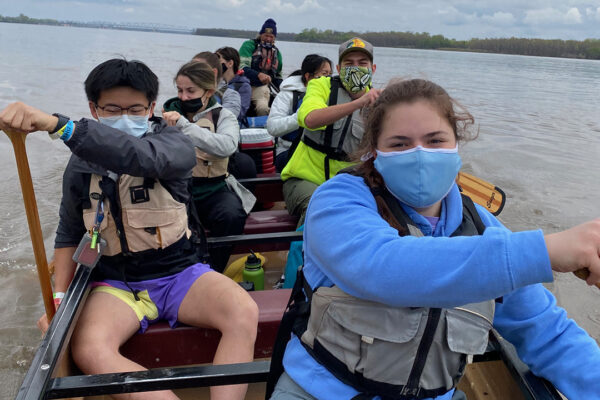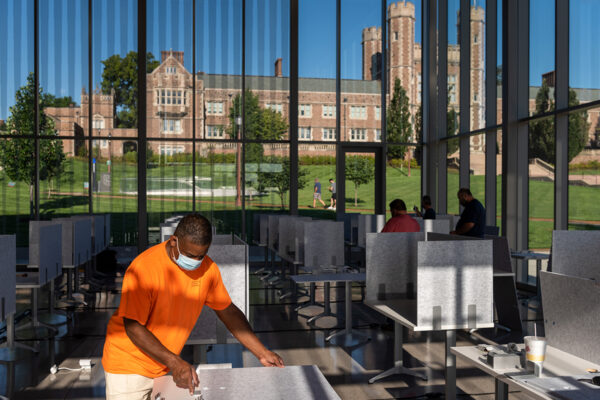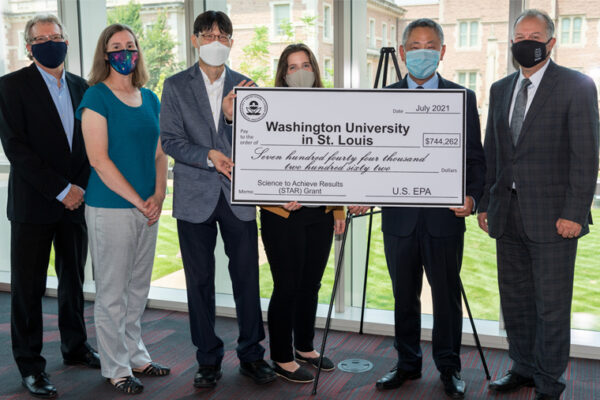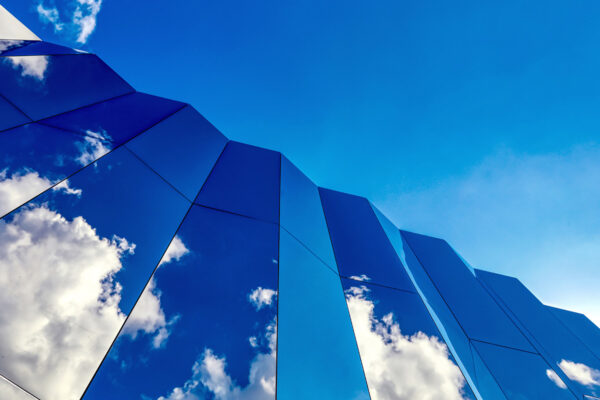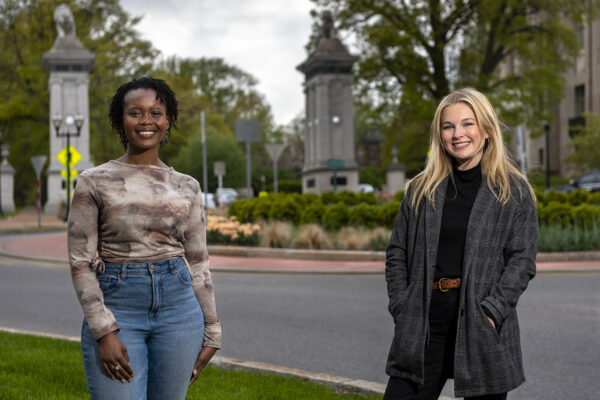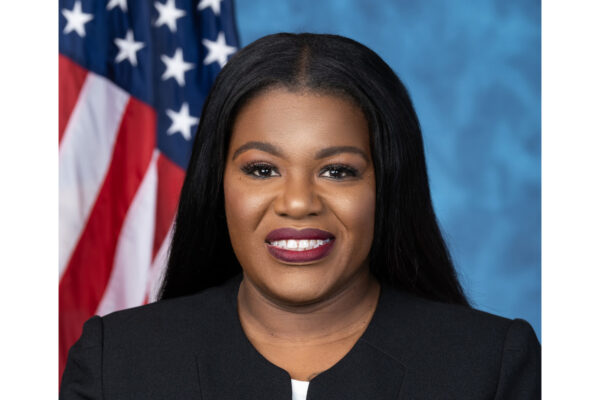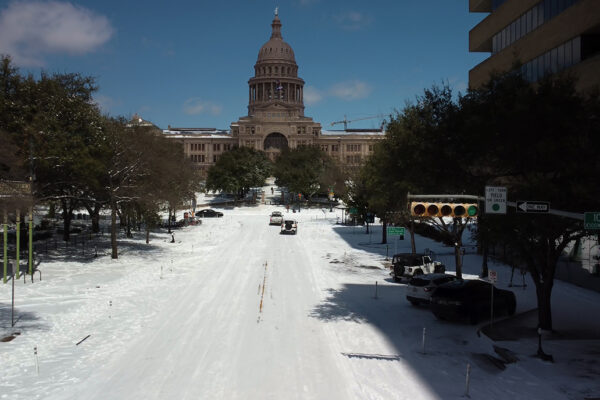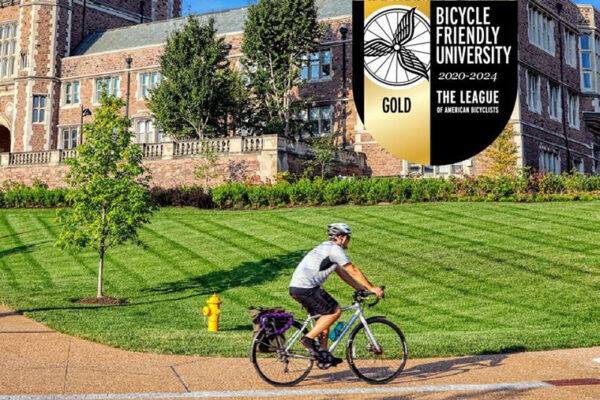Cleaner, greener, safer
WashU is committed to creating a more sustainable world for future generations. Here’s a by-the-numbers look at how.
Hands-on learning to help the planet
Through experiential learning and a new environmental analysis major, WashU students prepare to help us understand the questions of climate change.
University donates study cubbies to support STL organizations
Washington University continues its “In St. Louis, for St. Louis” mission by donating 370 study cubbies to nonprofit organizations in the region. Over 1,000 cubbies were ordered at the pandemic’s outset to keep students safe, but only a portion ultimately were needed.
EPA funds Moon’s biotech, containment research
The EPA visited Washington University to award $744,262 to Tae Seok Moon, associate professor at the McKelvey School of Engineering, for cutting-edge biotechnology research.
Another honor for university’s sustainable building practice
The U.S. Green Building Council awarded Washington University a 2021 Leadership Award for excellence in its West North Central Region.
Student move-out donation drive underway
As the academic year winds down, it’s time again for students to move out for the summer. The Office of Sustainability, along with several campus partners, has organized a move-out donation program, “Share Our Stuff,” to keep reusable goods out of landfills.
Earth Day: Students support U. City’s green goals
Municipalities such as University City play a vital role in protecting the planet, and Washington University students are working hard to help the city meet its sustainability goals.
Rep. Bush to address climate change
Washington University will partner with the University of Missouri-St. Louis to present the Missouri Climate Dialogues webinar at 5 p.m. Wednesday, April 7.
ERCOT to blame for Texas blackouts, not renewables or fossil fuels
At the McKelvey School of Engineering at Washington University in St. Louis, the situation and the fallout that followed — the rolling or lasting blackouts, national attention, the termination of the energy group’s CEO — prompted Richard Axelbaum, Stifel & & Quinette Jens Professor of Environmental Engineering Science, and Phillip Irace, PhD candidate and NSF Graduate Student Fellow, to take a closer look.
Washington University named a Gold Bicycle Friendly University
Washington University in St. Louis has earned a 2020 Gold Bicycle Friendly University (BFU) designation. The award, given by the League of American Bicyclists, recognizes institutions of higher education for providing a more bikeable campus for faculty, staff, students and visitors. The university is the first in Missouri to receive a BFU designation at a gold or platinum level and one of only six in the Midwest.
Older Stories

